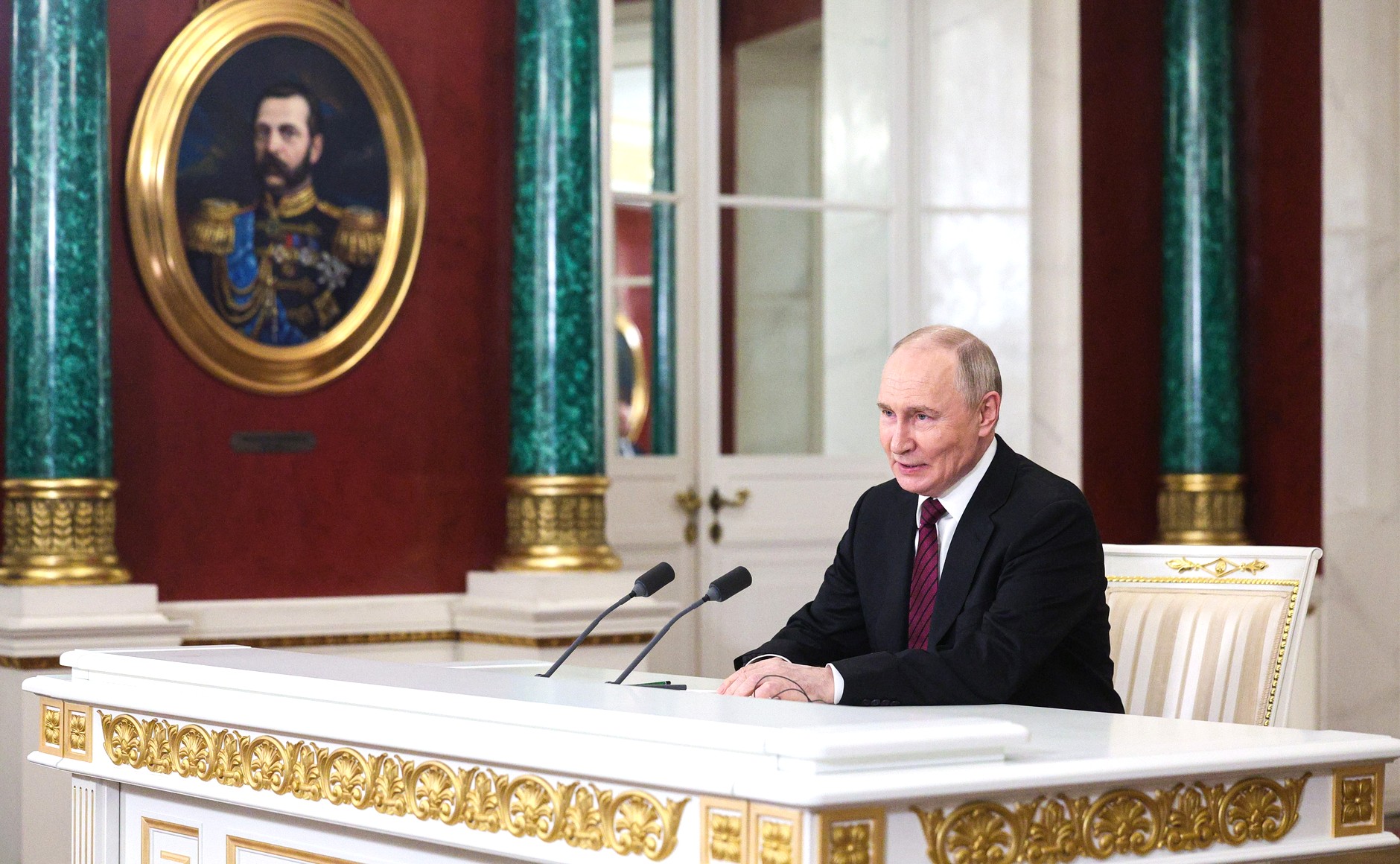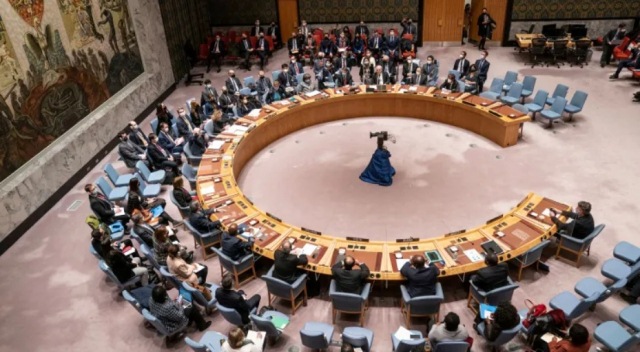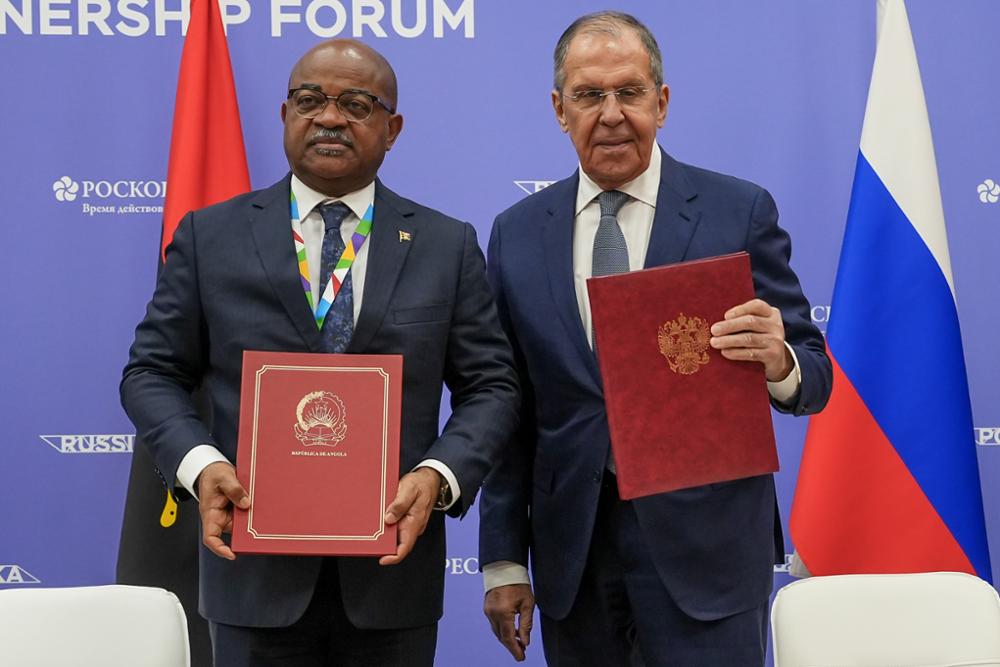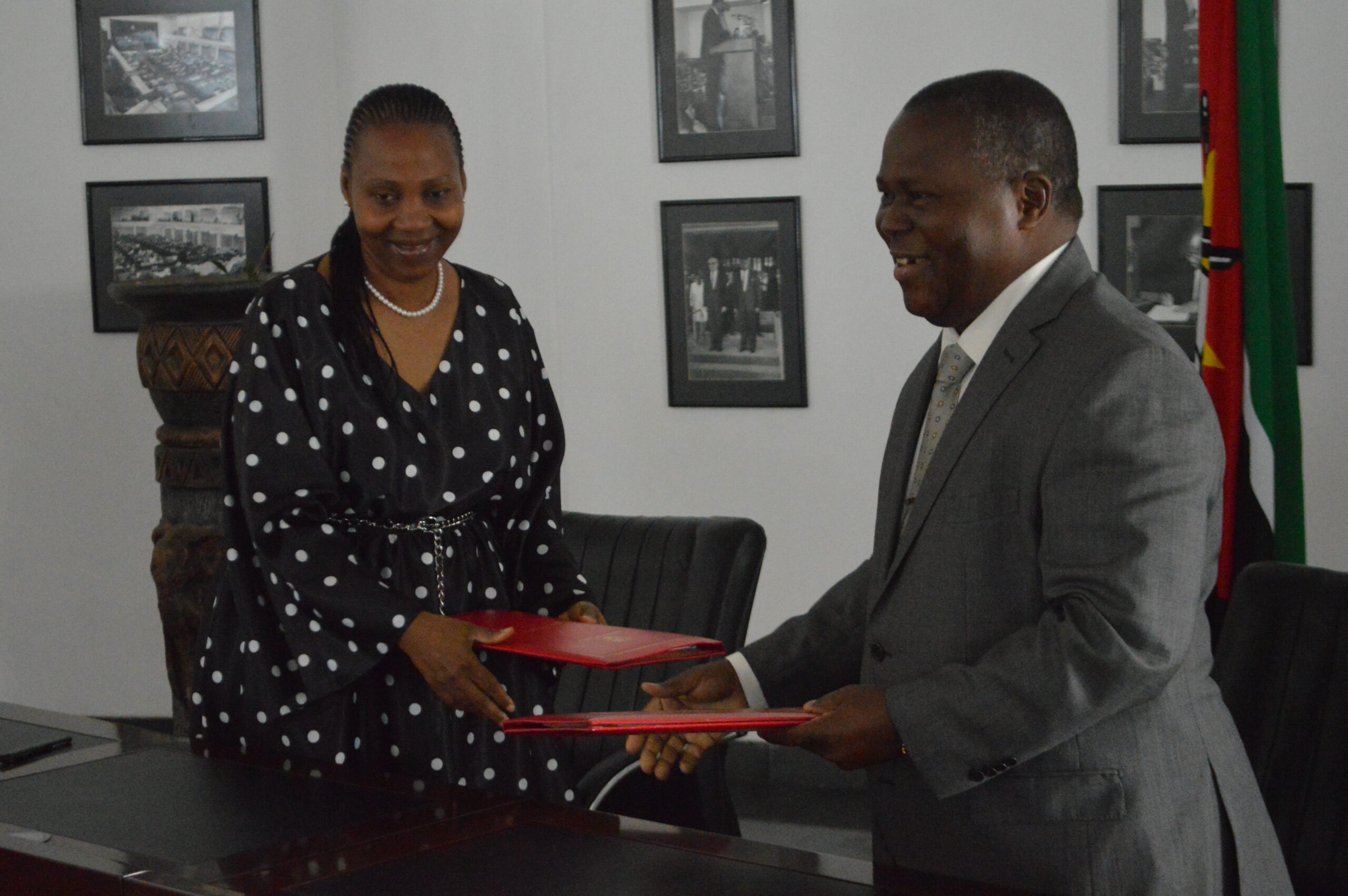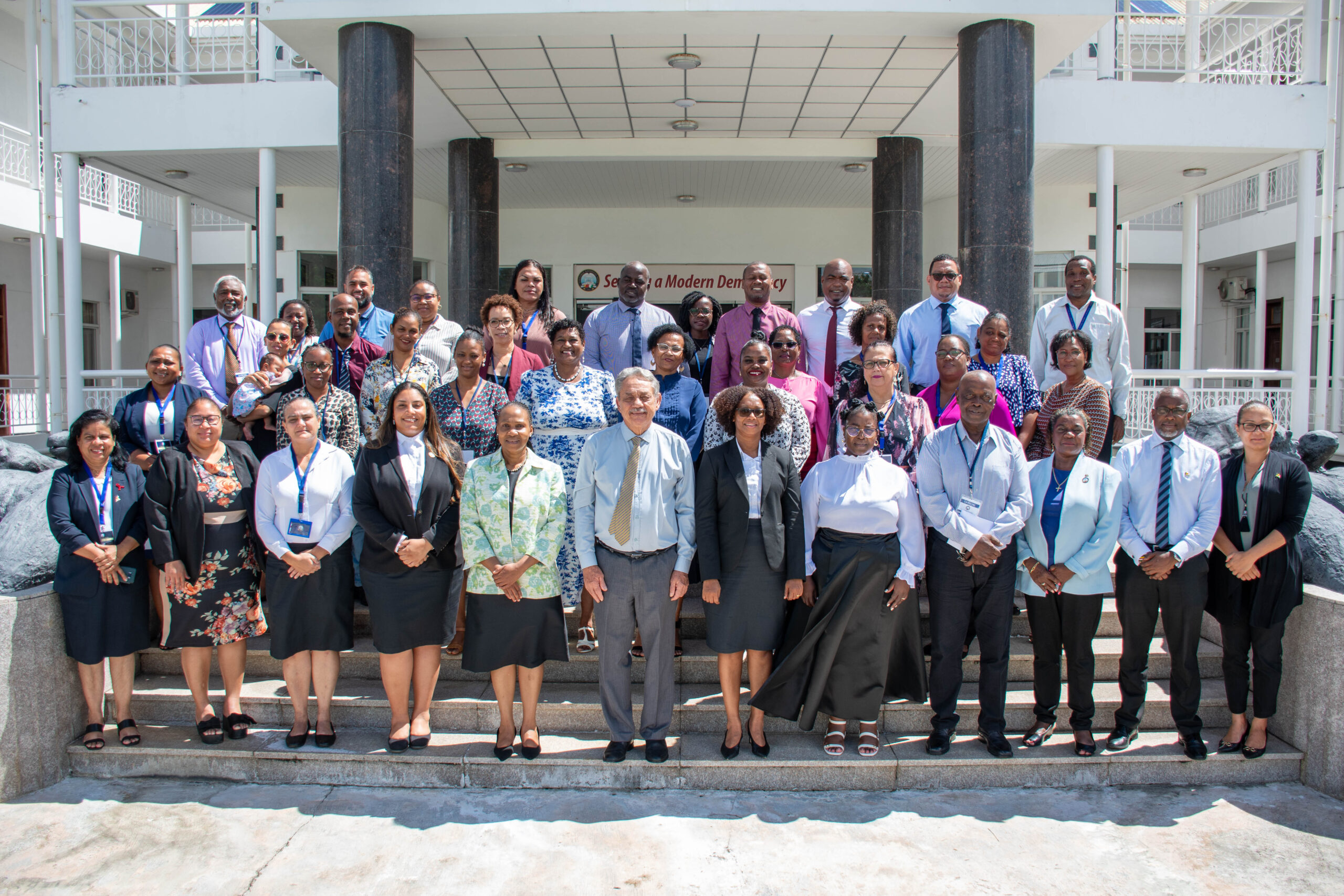
UNITY: Speaker of the National Assembly of Seychelles, Honourable Roger Mancienne (fifth from left, front) with various stakeholders after the signing of an Implementation Agreement on the SIDA-funded SRHR, HIV and AIDS Governance Project in Seychelles last week. Photo: NA of Seychelles.
By Moses Magadza
The Secretary General of the SADC Parliamentary Forum, Ms Boemo Sekgoma, has commended Seychelles -through its National Assembly – for committed and exemplary leadership in the work of the Forum.
She did this last week when the National Assembly of Seychelles joined the third phase of the SIDA-funded Sexual Reproductive Health Rights, HIV and AIDS Governance Project in Mahe, Seychelles. Seychelles participated in the first and second phases of the Project.

“At SADC-PF level, the National Assembly of Seychelles is a crucial partner in all initiatives conducted in relation to statutory meetings and activities under the Forum’s programmes,” Ms Sekgoma said during the signing of an Implementation Agreement on the Project.
The National Assembly of Seychelles holds the Presidency of the SADC Parliamentary Forum, through Speaker Honourable Roger Mancienne.
“Under his Presidency, giant strides were made to advance democratisation and socio-economic development in the SADC region and many achievements have been recorded. We thank him for his wisdom,” she said.
She noted that MPs from the National Assembly of Seychelles were serving on Standing Committees of the Forum “and are very vocal to advance inter-parliamentary cooperation”.
The MPs are Honourable Regina Esparon, Chairperson of the Regional Women’s Parliamentary Caucus (RWPC), and Honourable Kelly Samynadi, who succeeded the late Honourable Rosie Bistoquet as Chairperson of the Human and Social Development and Special Programmes.
The SG paid an emotional tribute to the late Honourable Bistoquet, saying she “was a shining light for the Forum”.
“Whilst chairing the HSDSP Committee, she brilliantly imparted her astute leadership on issues of gender equality, women empowerment and representation, and ensured that these topics integrate consistently the agenda of the Standing Committee. Her passing was a definite loss to the Forum,” she said.
Turning to the SRHR Project, Ms Sekgoma said Seychelles had made progress especially with regards to the protection of key populations, child marriage and protection of individuals from domestic violence.
“These achievements resonate with the Forum’s policy on SRHR and correspond to the domestication of its resolutions and Model Laws.
“While there is room for improvement, there is no doubt that the NA of Seychelles will continue to influence the SRHR landscape through laws, budgets and oversight initiatives under the revamped Project,” she stated.
She emphasised salient features of the Project which encapsulate six focus areas related to SRHR commodity security; Sexual Gender Based Violence (SGBV) and gender equality; Preventing Child marriage and Unintended Pregnancies; Comprehensive Sexuality Education (CSE), key populations; and democracy and human rights.
“Under gender equality, there is focus on mainstreaming gender in climate change action,” she noted and added that the Project focuses, also, on democratic accountability and anti-corruption frameworks.
She explained that the recently adopted SADC Model Law on Public Financial Management (PFM) provides best principles on democratic accountability by empowering parliaments to mainstream Sustainable Development Goals (SDGs) through the budget.
“Opening the doors to democratic accountability will lead to a better implementation of human rights, including the right to health pursuant to SDG 3,” she reasoned.
The third phase of the Project encourages academic institutions, faith, and traditional leaders as well as civil society organisations to serve as a think tank that can supplement information provided to Parliament for SRHR reform.
“More than ever, the Project aims for a rule-based and human rights approach to SRHR implementation which is grounded in the sacrosanct values of equality of treatment and non-discrimination,” she stressed.
She encouraged the National Assembly of Seychelles to tap into resources under the Project and implement planned activities.
The SG clarified that the Strategic Plan (2024-2026) of the Forum was in line with the SRHR Project.
“The Vision of the Strategic Plan is for the Forum to be the proponent for robust democracies that deliver human rights, climate justice and socio-economic prosperity for Southern Africa.”
The Strategic Plan has three main thrusts which deal with capacity building, domestication of normative frameworks including the SADC Model Law on Gender-Based Violence, the SADC Model Law on Public Financial Management (PFM) and the SADC Model Law on Eradicating Child Marriage and Protecting Children Already in Marriage.
“The Forum plans to adopt another set of Model Laws which include the Model Laws on Prison Oversight, Safe Abortion, Climate Change, Preservation of State Assets and the Rule of Law and Constitutionalism which will support objectives under the Strategic Plan,” she said.
She added that the Forum’s strategy involves benchmarking with other inter-parliamentary bodies and networks such as the European Parliamentary Forum on SRHR, the European Parliament, the CPA, the ECOWAS Parliament, the Pan African Parliament, and others to promote a shared understanding of protective norms contained in the Model Laws.
It also puts emphasis on fiscal governance of the Forum in line with efforts to transform into a SADC Regional Parliament.
She stressed that all initiatives of the Forum seek to promote integration of SADC Member States through harmonised policies and laws, as well as uniform practices.
Speaking at the same occasion, the Clerk of the National Assembly of Seychelles, Mrs. Tania Isaac, reiterated the importance of the Project’s thematic areas and past accomplishments.
The Speaker, Mancienne noted the Project’s national and regional importance and called for attention and empathy of those able to make a difference.
He commended Ms Sekgoma and the SADC PF Secretariat for their commitment and efforts in developing a roadmap and governance structure to guide the Project.




